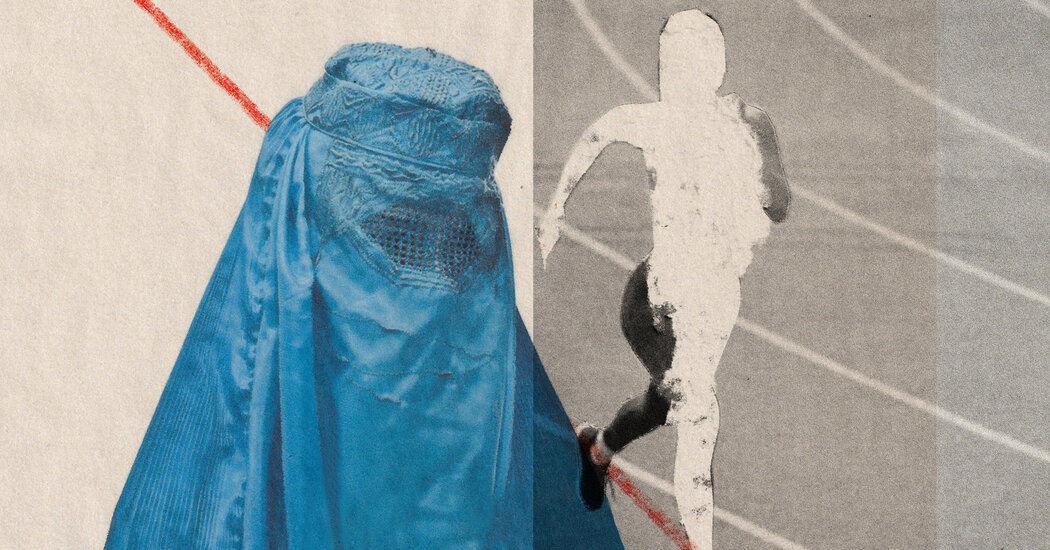The Olympics Should Stand With Afghanistan’s Women Athletes

When the Taliban regained control of Afghanistan in 2021, one of its first actions was to bar women and girls from participating in sports publicly. It came as no surprise to me, one of Afghanistan’s first two female Olympians.
As a judo practitioner, I too have been forbidden to compete in my country. My life has been threatened by religious extremists and those who believe the country should adhere to strict Shariah law. Female athletes in Afghanistan today face similar threats from the Taliban, including physical abuse and raids on their homes.
What has been more surprising is the sports world’s lack of support for the brave women and girls who, unlike me, have not been able to flee the country. The most recent example is the International Olympic Committee’s decision to allow a team representing Afghanistan in the Paris Games. Instead, the committee, with the Games just days away, should reverse course and bar the team from competing on behalf of Afghanistan. It should let the athletes — most of whom live in exile — compete on the Refugee Olympic Team, which would send a message of hope to refugees around the world.
The Afghan team is made up of three women and three men, which the I.O.C. said meets its gender equality requirement in this case. But none of the three women representing Afghanistan — in athletics and cycling — live and train in the country, nor could they visit without risking their lives. Two of the three male athletes, a sprinter and a swimmer, are also joining from exile. The third, a judoka like me, trains in Afghanistan. By allowing them to compete for Afghanistan, the I.O.C. is not only undermining its own commitment to Olympic values but also lending legitimacy to the Taliban’s unrecognized regime.
For its part, the I.O.C. said it had dealt with an Afghan national Olympic committee that operates in exile and that no Taliban officials will be allowed to attend the games. But that is beside the point. Its decision to allow a team from Afghanistan to compete is an act of recognition — although perhaps unintentional — of a regime that punishes women for participating in sports. The Olympic Charter states in its opening: “The practice of sport is a human right. Every individual must have access to the practice of sport, without discrimination of any kind.” The I.O.C.’s role, the charter further states, is “to act against any form of discrimination affecting the Olympic movement.”
There is a precedent for barring an Afghan team. The I.O.C. did so ahead of the 2000 Sydney Olympics on the basis of the Taliban’s discrimination against women. This ban was reversed after the Taliban fell in 2001, paving the way for my own appearance at the 2004 Athens Olympics.
